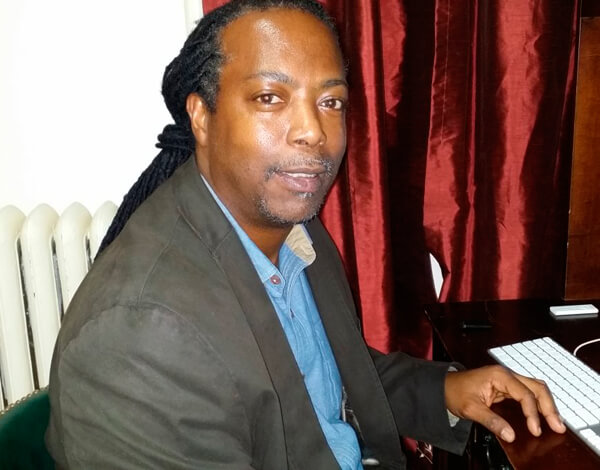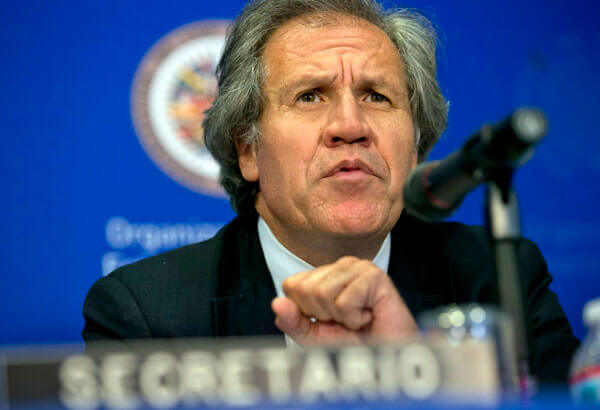Caribbean countries have agreed to new energy security with the United States and other international partners.
In a joint statement issued at the end of an extraordinary Energy Security Summit, organized by the White House, delegates stated their “commitment to support the Caribbean’s transformation of the energy systems of Caribbean states, to share lessons learned through new and expanded regional information networks, [and] to report progress in relevant fora.”
They agreed to comprehensive, planning-based and research-driven approaches to energy transition, including implementation of pilot and demonstration projects, based on successful models “so that individual clean energy projects are part of a fully integrated, climate-resilient energy transition plan toward clean sustainable energy for all.”
For Caribbean countries, “necessary and specific reforms”, including recommendations from the 2013 CARICOM (Caribbean Community) Energy Policy and the outcome of the 2015 Dominican Energy Pact, were agreed to in supporting policy and regulatory environments that “facilitate the introduction of new technologies favoring sustainable and clean energy that provide legal certainty for investors and improved predictability in price and supply for users.”
Delegates also agree “where viable” to alignment of national legal and regulatory approaches to facilitate greater clean energy investment throughout the region, provided that countries can access finance and other resources on affordable terms, “to set the stage for future electrical interconnection in keeping with the goals of Connect 2022.”
In addition, “where technically and commercially feasible,” participants agreed to promote and develop affordable no- or lower carbon electricity generation through wind, solar, geothermal power, hydropower, bioenergy, ocean energy, energy recovery from waste, and other clean energies, and energy efficiency measures.
They recognized also that alternative fuels, such as natural gas, can play a “useful bridging role.”
Delegates also concurred on “open, transparent, competitive and criteria-based processes, including liberalization where cost effective, to procure energy investment and facilitate access to finance for cleaner and climate resilient energy projects and infrastructure.”
Summit participants included the governments of Antigua and Barbuda, Aruba, Bahamas, Barbados, Belize, Canada, Colombia, Curacao, Dominica, Dominican Republic, France, Germany, Grenada, Guyana, Haiti, Jamaica, Mexico, New Zealand, Spain, St. Kitts and Nevis, St. Lucia, St. Vincent and the Grenadines, Suriname, Trinidad and Tobago, United Kingdom and United States.
Other participants comprised the Caribbean Community (CARICOM) Secretariat, Caribbean Development Bank, European Union, Inter-American Development Bank Group, International Renewable Energy Agency, Organization of American States, and the World Bank Group.
Delegates recognized that energy security, access to energy, economic development, environmental and climate goals benefit from and contribute to sustainable, modern, clean and diversified energy sectors.
They, therefore, reaffirmed their commitment to support access to “sustainable, reliable, and affordable energy services, with a particular focus on cleaner alternative energy resources, for all citizens in the region,” the statement said.

























